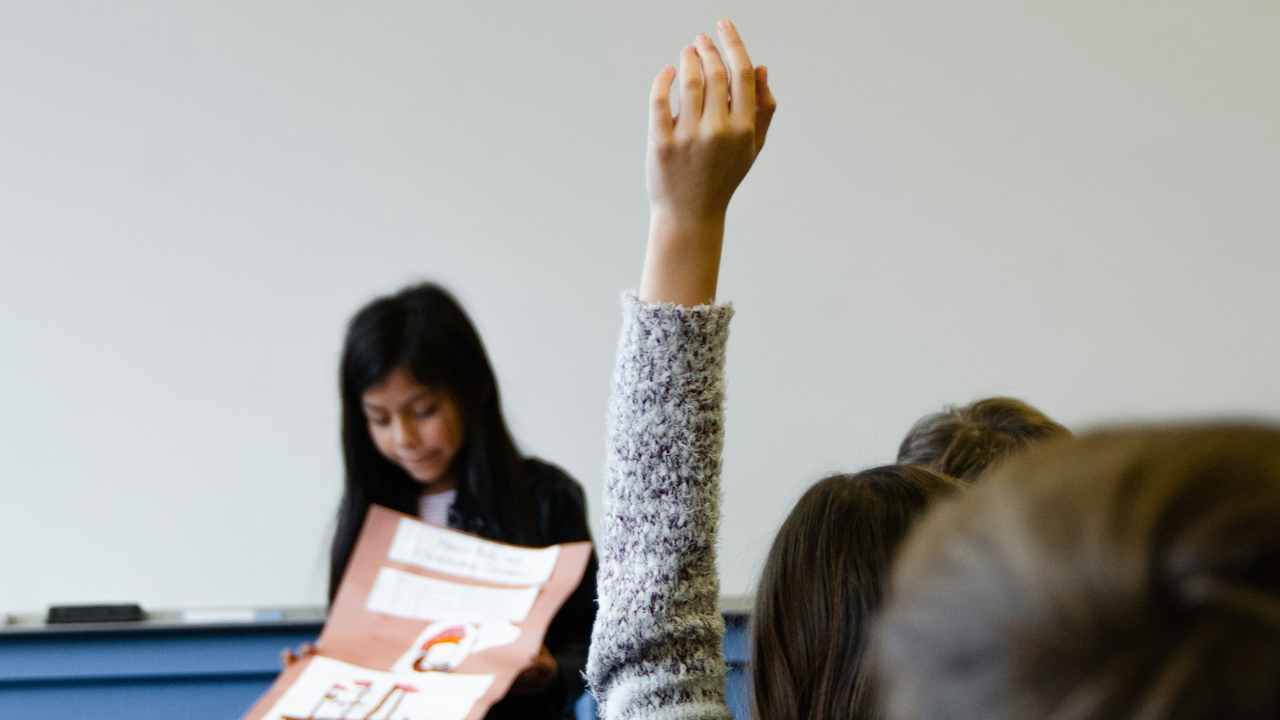Learning is a complex cognitive process that involves acquiring, processing, storing, and retrieving information. While traditional education has often relied on rote memorization and repetition, decades of research in cognitive psychology and neuroscience have uncovered more effective strategies to enhance learning and long-term retention. By understanding how the brain processes and stores information, students and educators can adopt evidence-based techniques that significantly improve learning outcomes.
The Role of Memory in Learning
Memory is central to learning. Cognitive scientists categorize memory into three stages: sensory memory, short-term (or working) memory, and long-term memory. Effective learning strategies aim to facilitate the transfer of information from short-term to long-term memory, where it can be stored and retrieved when needed.
Short-term memory has limited capacity, often cited as being able to hold about 7 ± 2 pieces of information at once. If new material isn’t processed deeply or reinforced, it tends to be forgotten quickly. The key to retention lies in encoding information meaningfully and practicing recall over time.
Active Learning vs. Passive Learning
One of the most important findings in learning science is the superiority of active learning over passive learning. Passive learning, such as listening to lectures or reading textbooks without engagement, tends to result in lower retention. In contrast, active learning strategies—such as summarizing, self-explaining, and teaching others—require deeper cognitive processing.
When learners engage with material by asking questions, discussing it, or applying it to real-world situations, they create more connections in the brain. These neural connections make information easier to retrieve later. Active learning transforms information into knowledge by embedding it in a broader context.
Spaced Repetition and Distributed Practice
Cramming the night before a test may help in short-term recall, but it’s highly ineffective for long-term retention. The spacing effect, first observed in the late 19th century by psychologist Hermann Ebbinghaus, demonstrates that information is better retained when study sessions are spaced out over time.
Spaced repetition involves reviewing material at increasing intervals, which aligns with how the brain naturally forgets information. Each review session strengthens memory traces and reduces the rate of forgetting. Digital tools like Anki and Quizlet use this principle to help learners retain vast amounts of information efficiently.
Retrieval Practice: The Testing Effect
Retrieval practice—actively recalling information without looking at notes—has been shown to be one of the most powerful tools for learning. This technique not only measures what you know but also strengthens memory and understanding through the act of retrieval itself.
In contrast to simply rereading notes or highlighting text, practice tests, flashcards, and self-quizzing force the brain to search for information, making the memory stronger and more accessible in the future. Frequent low-stakes testing is particularly effective in classroom settings, improving both performance and confidence.
Interleaving and Variation
Another effective strategy is interleaving, or mixing different topics or types of problems during a study session. While it may feel less productive than focusing on one subject at a time (a technique called blocking), interleaving improves the brain’s ability to discriminate between concepts and apply them flexibly.
Related to interleaving is the concept of variation—changing the way information is presented. For example, learning math by solving word problems, visual problems, and equations strengthens understanding more than doing the same type of problem repeatedly. These methods mimic the unpredictable nature of real-life problem-solving, enhancing adaptability.
The Importance of Sleep and Downtime
Cognitive neuroscience has revealed that sleep plays a critical role in memory consolidation—the process by which short-term memories are transformed into stable, long-term memories. During sleep, especially during deep and REM stages, the brain replays and organizes newly acquired information.
Lack of sleep not only impairs memory consolidation but also affects attention, decision-making, and emotional regulation. Adequate rest, along with periods of rest and reflection during the day, helps the brain absorb and integrate information more effectively.
The Impact of Motivation and Emotion
Learning is not purely a mechanical process; motivation and emotion have profound effects on cognitive function. When learners are emotionally engaged or personally invested in the material, they are more likely to retain it. The release of dopamine in response to meaningful or rewarding experiences enhances memory encoding.
Creating relevance, setting goals, and fostering a growth mindset—believing that abilities can be developed through effort—can boost motivation and increase resilience in the face of academic challenges. Similarly, reducing stress through supportive environments and mindfulness practices can improve focus and learning outcomes.
Metacognition and Self-Regulation
Metacognition refers to the awareness and control of one’s own learning process. Students who practice metacognitive strategies—such as planning how to study, monitoring comprehension, and evaluating progress—tend to learn more effectively.
Encouraging learners to reflect on what they know, identify gaps, and adjust their strategies promotes independence and adaptability. Tools like learning journals, checklists, and goal-setting frameworks support self-regulated learning and improve academic performance over time.
A Holistic Approach to Learning
Ultimately, effective learning is not about any single method, but rather a combination of strategies tailored to the individual. While the principles of retrieval practice, spacing, active engagement, and metacognition apply broadly, their implementation can vary depending on the subject, learner preferences, and context.
The science of learning continues to evolve, driven by interdisciplinary research in psychology, neuroscience, and education. By applying these insights, learners can take control of their education, turning study time into a more productive, efficient, and fulfilling experience.


